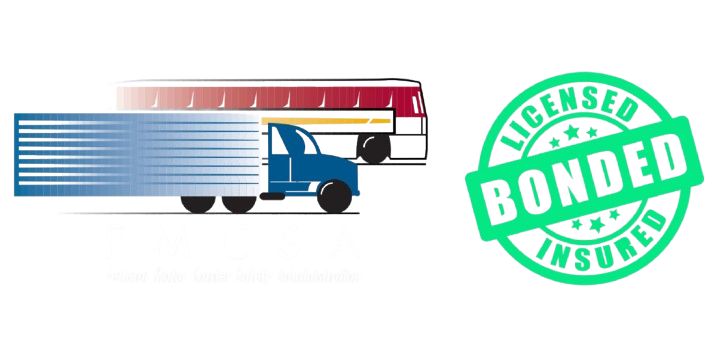Car Transport Services & Florida Compliance
The vehicle shipping industry plays an important role in Florida’s economy. From businesses and dealers to individuals, many rely on car transport services to move vehicles safely. However, operating in Florida requires strict compliance with both state and federal regulations, which are overseen by the Office of Commercial Vehicle Enforcement (CVE).
What Is the CVE?
The CVE, a division of the Florida Highway Patrol, is responsible for monitoring commercial vehicle operations. It enforces licensing, safety, and weight regulations to ensure public safety and fair business practices. For car transport service, compliance with these rules is non-negotiable. The CVE conducts roadside inspections, safety assessments, and provides education to operators. Failure to comply can result in fines, penalties, or suspension of operations.
Key Compliance Rules for Transporters
- Vehicle Inspections and Safety
Before hitting the road, transporters must inspect trucks and trailers for brake function, tire conditions, secure tie-downs, lighting, and emergency equipment. CVE also performs random roadside inspections, so ongoing maintenance is essential.
- Licensing and Registration
Every transporter must carry the required credentials, including a Federal Motor Carrier Safety Administration (FMCSA) MC number, valid Commercial Driver’s License (CDL), and proper vehicle registration with the Florida Department of Highway Safety and Motor Vehicles.
- Weight Limits and Load Securement
Exceeding weight limits leads to costly fines and safety hazards. Limits vary based on vehicle type, number of axles, and road restrictions. Proper load securement using chains, straps, and wheel chocks is required to prevent accidents.
- Hours-of-Service (HOS) Regulations
Driver fatigue is a major safety risk. CVE enforces HOS rules, which restrict drivers to 11 hours of service after 10 consecutive hours off-duty. A 30-minute break is required after 8 hours, and total hours cannot exceed 60 within a 7-day period.
- Insurance and Liability
Transporters must maintain minimum liability coverage of $750,000, though higher-value shipments often require more. CVE enforces these requirements to protect both businesses and customers.
- Weigh Stations and Roadside Stops
Operators must stop at designated weigh stations, where officials verify weight compliance, permits, insurance, and logs. Skipping inspections can result in fines or operational restrictions.
Why Compliance Matters
For automobile shipping companies in Florida, compliance is more than a legal obligation—it’s a business necessity. Adhering to regulations reduces accident risks, prevents costly delays, and ensures smooth operations. Customers are far more likely to trust transporters who follow safety and legal standards, boosting both reputation and repeat business.
How to Stay Compliant
Transporters can maintain compliance by:
- Performing regular vehicle inspections.
- Keeping licenses and registrations updated.
- Training drivers on HOS and safety rules.
- Maintaining appropriate insurance coverage.
- Stopping at weigh stations consistently.
- Staying informed on CVE and FMCSA regulations.
Conclusion
The CVE plays a vital role in regulating car transport services in Florida. By enforcing weight, licensing, and safety rules, it ensures road safety while holding businesses accountable. For transporters, compliance is not optional—it’s the foundation for reliability, customer trust, and long-term success.
By prioritizing safety, licensing, and proper vehicle care, providers of Automobile Transport Services can operate legally, avoid penalties, and build strong reputations in the competitive Florida market.



